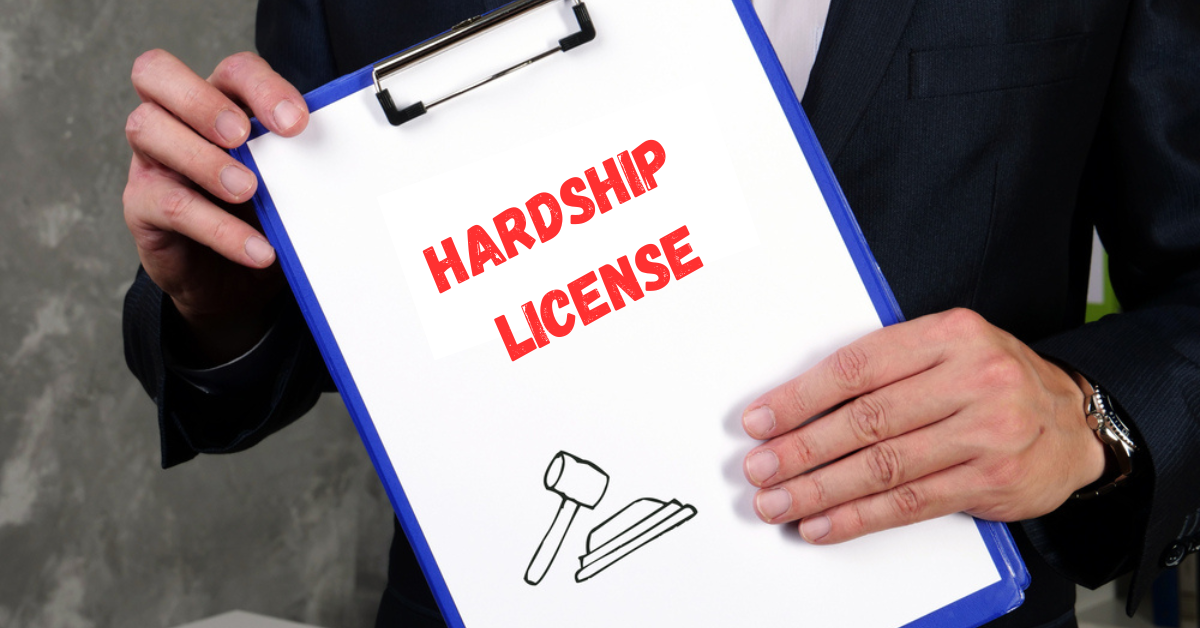What Is a Hardship License?
License suspension can have a major impact on the life of any driver. It makes it more difficult to attend schooling, go to work, and even run regular errands. The Registry of Motor Vehicles commonly suspends licenses for OUI/DUI convictions and license fraud. Operating a motor vehicle under the influence of alcohol or drugs poses a concerning and serious risk to other drivers on the road. If your license was suspended, there may still be opportunity to get you back on the road safely.

Massachusetts Hardship License Requirements
The Massachusetts Registry of Motor Vehicles allows drivers to apply for a hardship driver’s license only for Massachusetts driver’s license holders. Drivers who wish to apply must attend a hearing in person with the RMV. An OUI/DUI defense attorney should accompany you to any and all hearings associated with OUI/DUI charges, convictions, and license suspensions. They are the best person to represent you in front of the RMV to help increase your chances of getting back on the road.
To qualify for a hardship license, you will need to provide documentation to the RMV that shows the risks you may suffer significant hardship without a valid driver’s license. These “hardships” will only be considered if they are related to work, school, or medical appointments.
Installing an Ignition Interlock Device
The RMV requires any driver receiving a hardship license to install an ignition interlock device (IID). An IID only allows you to drive your vehicle after you have proven sobriety. This device uses a breathalyzer to determine whether you have consumed over the legal limit of alcohol. If so, you will not be able to operate your vehicle.
Using an IID devices reassures the RMV that a driver with an OUI/DUI conviction does not pose a risk to others on the road. This is a safety precaution for both the driver and other drivers. Drivers with a second, third, or fourth offense OUI are required to continue using the IID even after a full driver’s license is reinstated.
Hardship Licenses for Work
Work-related hardship licenses are given to drivers who show the necessity of being able to drive to their job. There may be a financial necessity for you to have your driver’s license in order to get to work. If so, the RMV grants hardship licenses that may restrict the driver to only being able to drive to and from work. This removes the hardship while still adding precautions against what caused the license suspension in the first place. When attending a hearing for a work-related hardship license, you may need to provide employment documentation as well as supporting documentation that proves the need to drive. Your attorney will be able to help you determine which documents are necessary during the hearing. You are responsible for bringing all necessary documents with you for your hearing.
Hardship Licenses for School
Hardship licenses are given to RMV-approved drivers who attend regular classes. The RMV understands the need even for convicted drivers to use their license to drive to school to receive their education. Common documents to support your need for a school-related hardship license include proof of your current courses and supporting reasons why you cannot use public transportation to attend schooling.
Hardship Licenses for Medical Purposes
Drivers with necessary medical treatments and appointments may be granted a hardship license to reach these appointments with ease. Medical requirements must be for a serious medical condition. Preventative care or regularly scheduled annual appointments likely will not qualify a driver for a hardship license. Your attorney can help you determine which medical documents the RMV will want to review during your hearing in order to qualify for the hardship license.
How Long Does a Hardship License Last?
Once granted a hardship license, it could remain into effect until your full license suspension is complete. After that, you may get your regular license reinstated, in which you will no longer need the hardship license. Violating any of the requirements to obtain a hardship license means that the RMV will revoke your limited privileges. In addition, you could be at risk of an even longer full license suspension if you are found to have violated the agreed terms.
Disclaimer
The information contained in this blog is for general information purposes only. Bonville & Howard assumes no responsibility for errors or omissions in the contents of the blog.
In no event shall Bonville & Howard be liable for any special, direct, indirect, consequential, or incidental damages or any damages whatsoever, whether in an action of contract, negligence, or other tort, arising out of or in connection with the use of this blog or the contents of this blog. Bonville & Howard reserves the right to make additions, deletions, or modifications to the contents of this blog at any time without prior notice.
